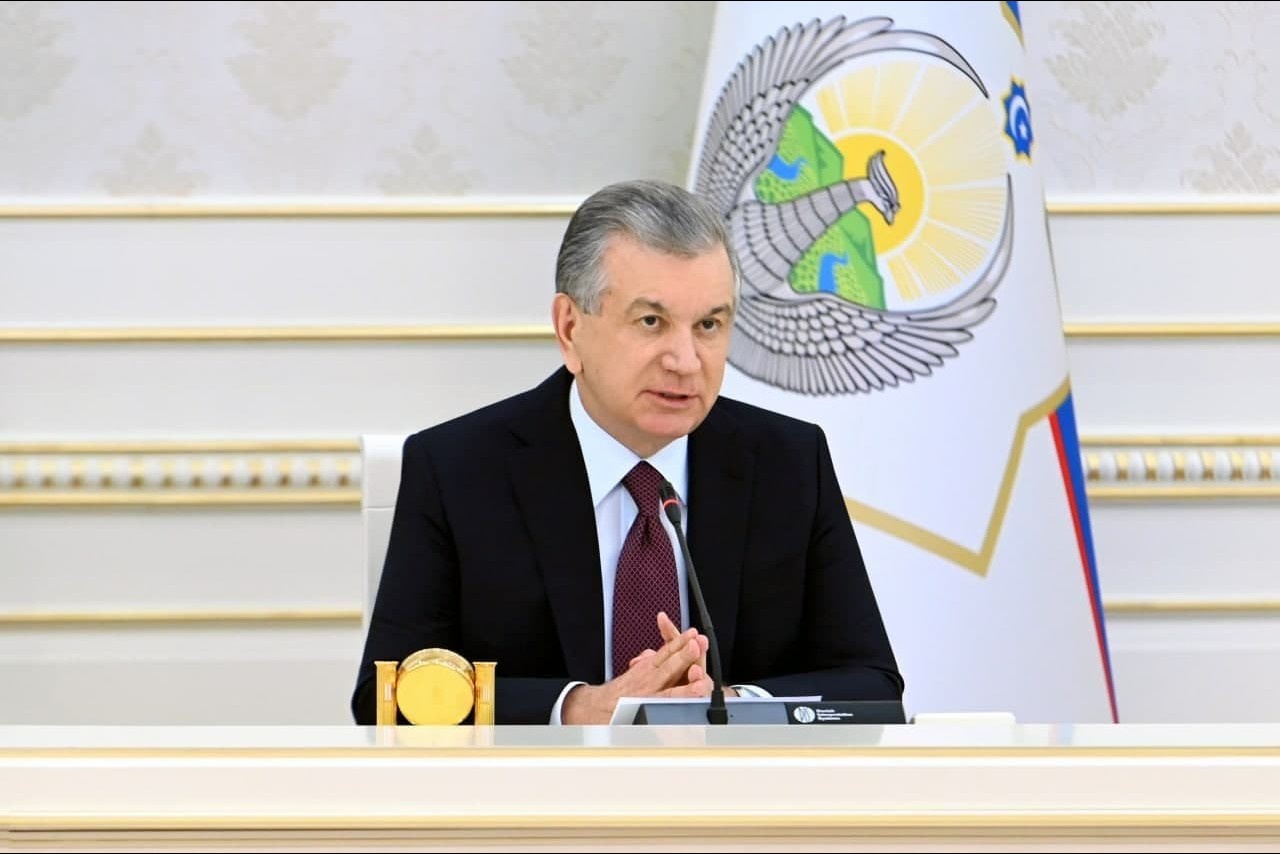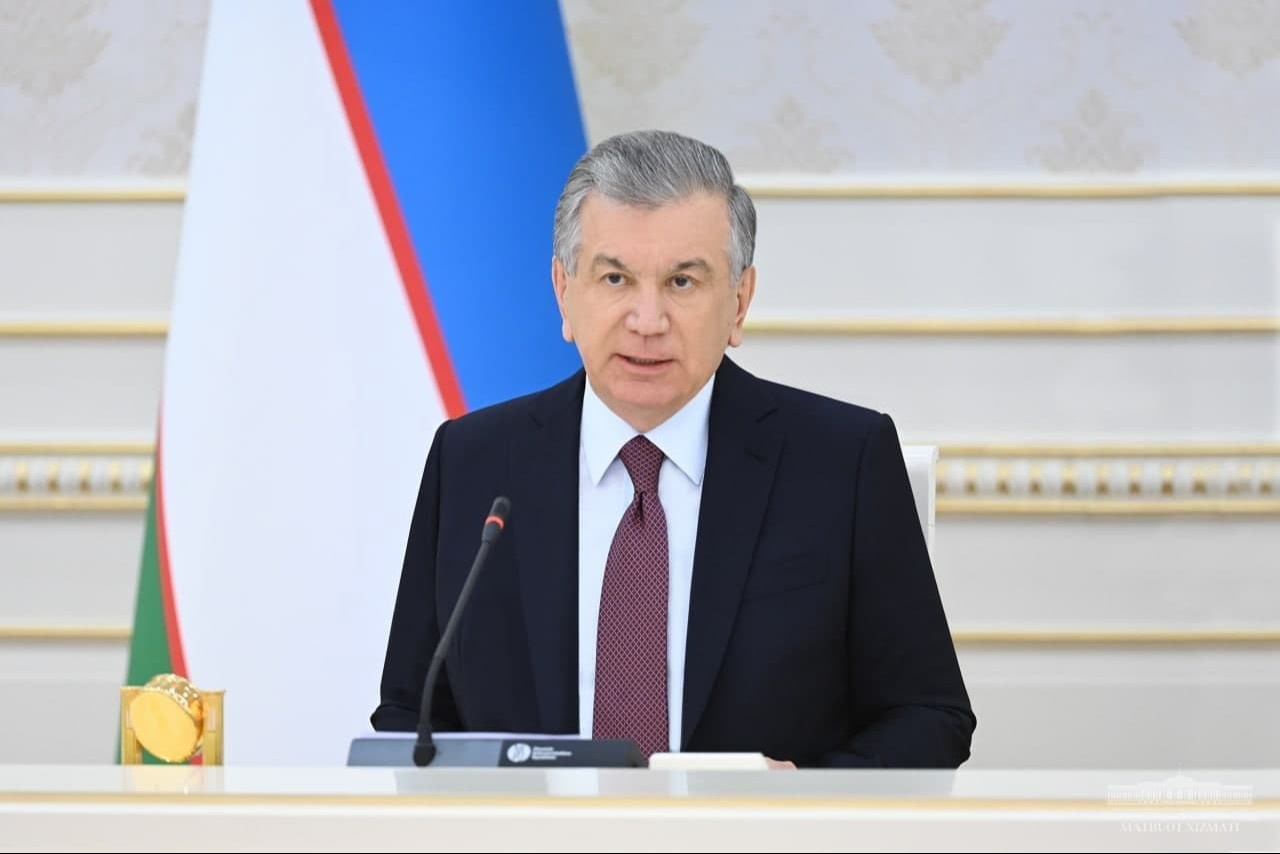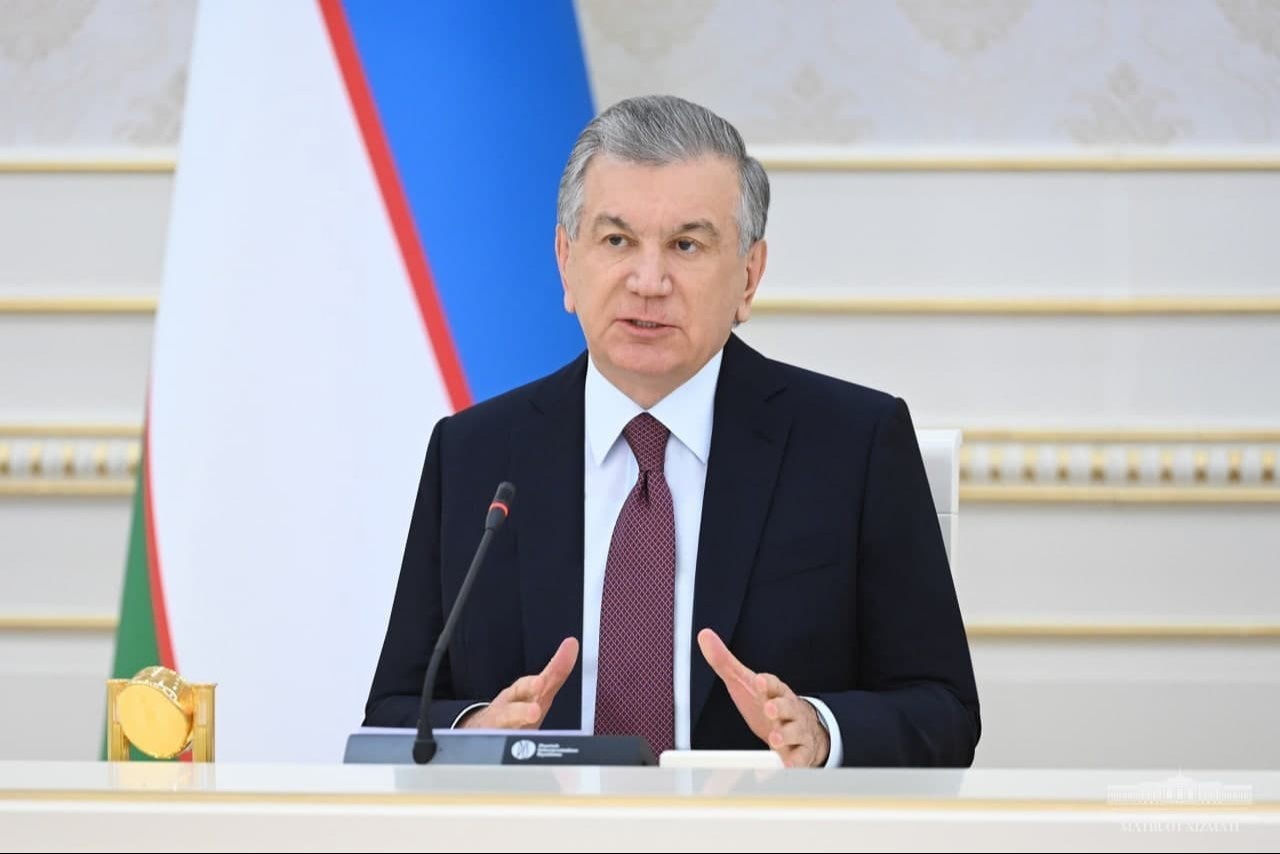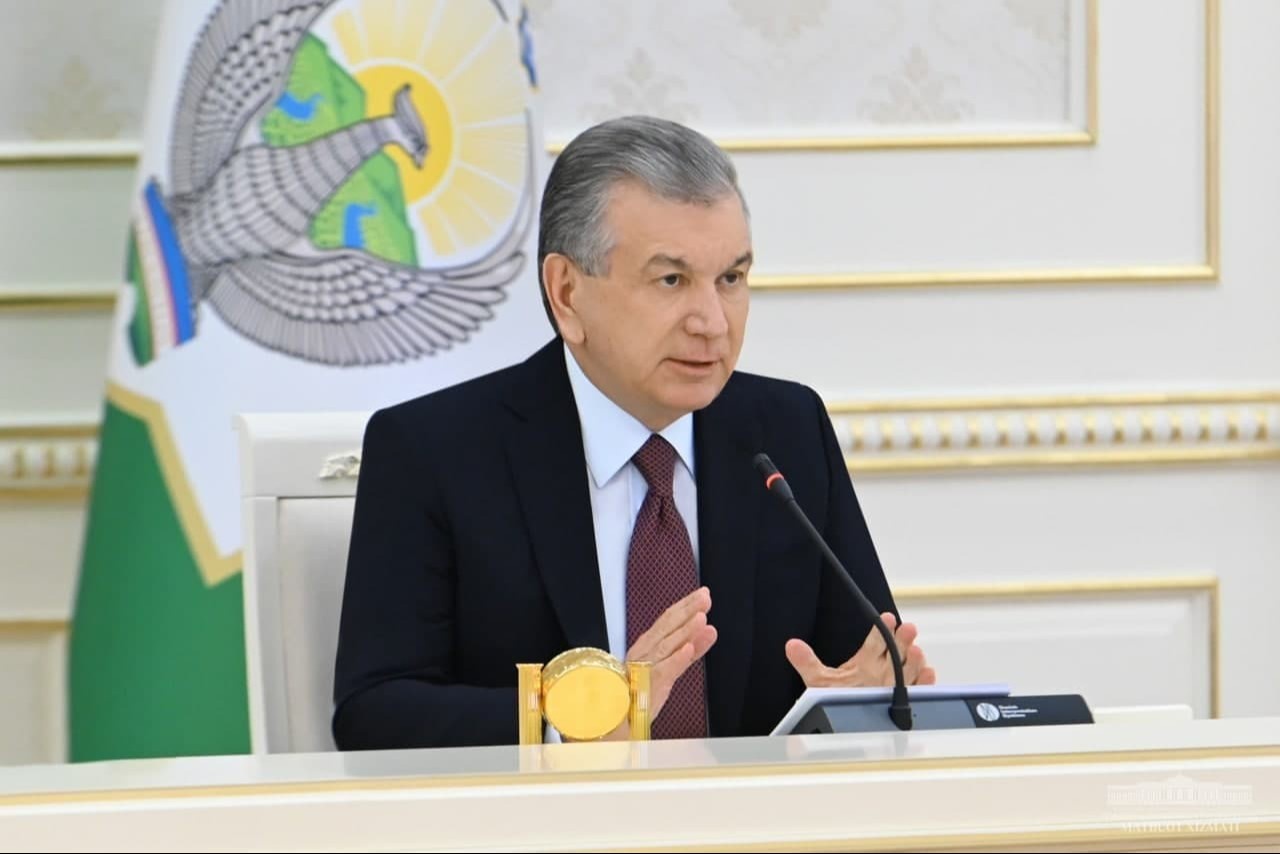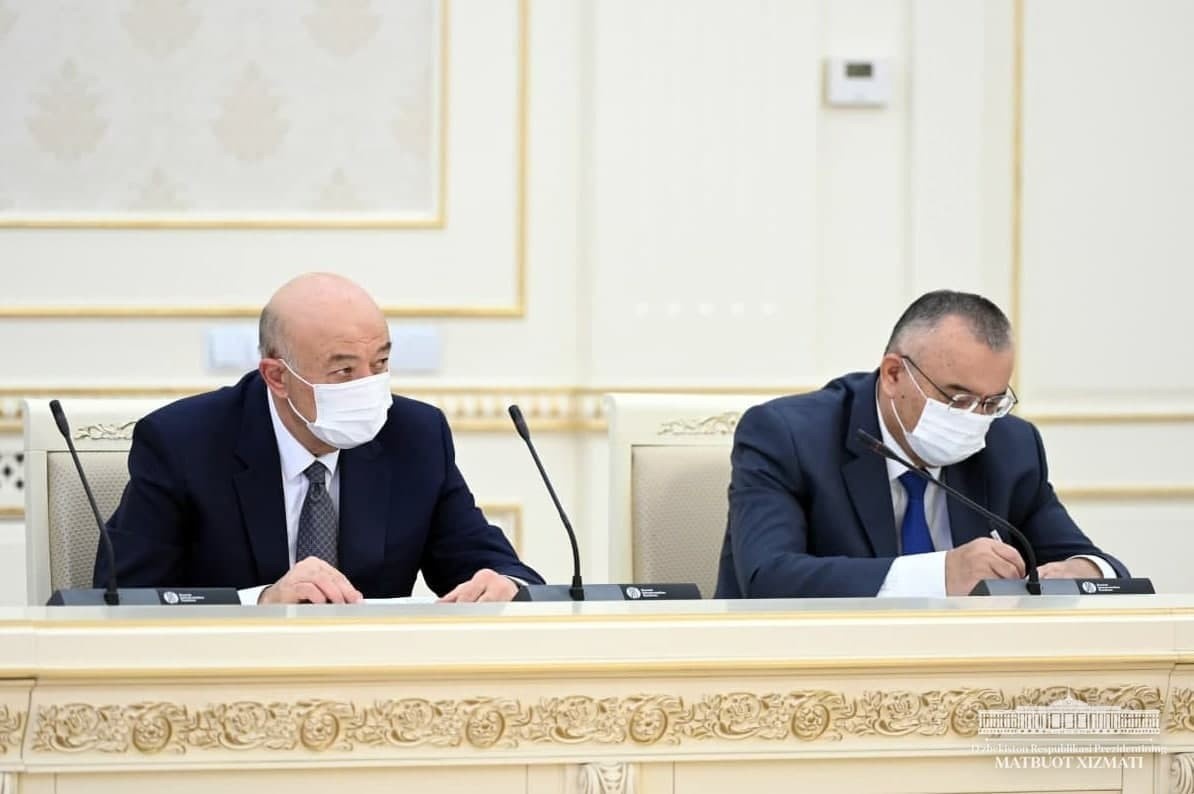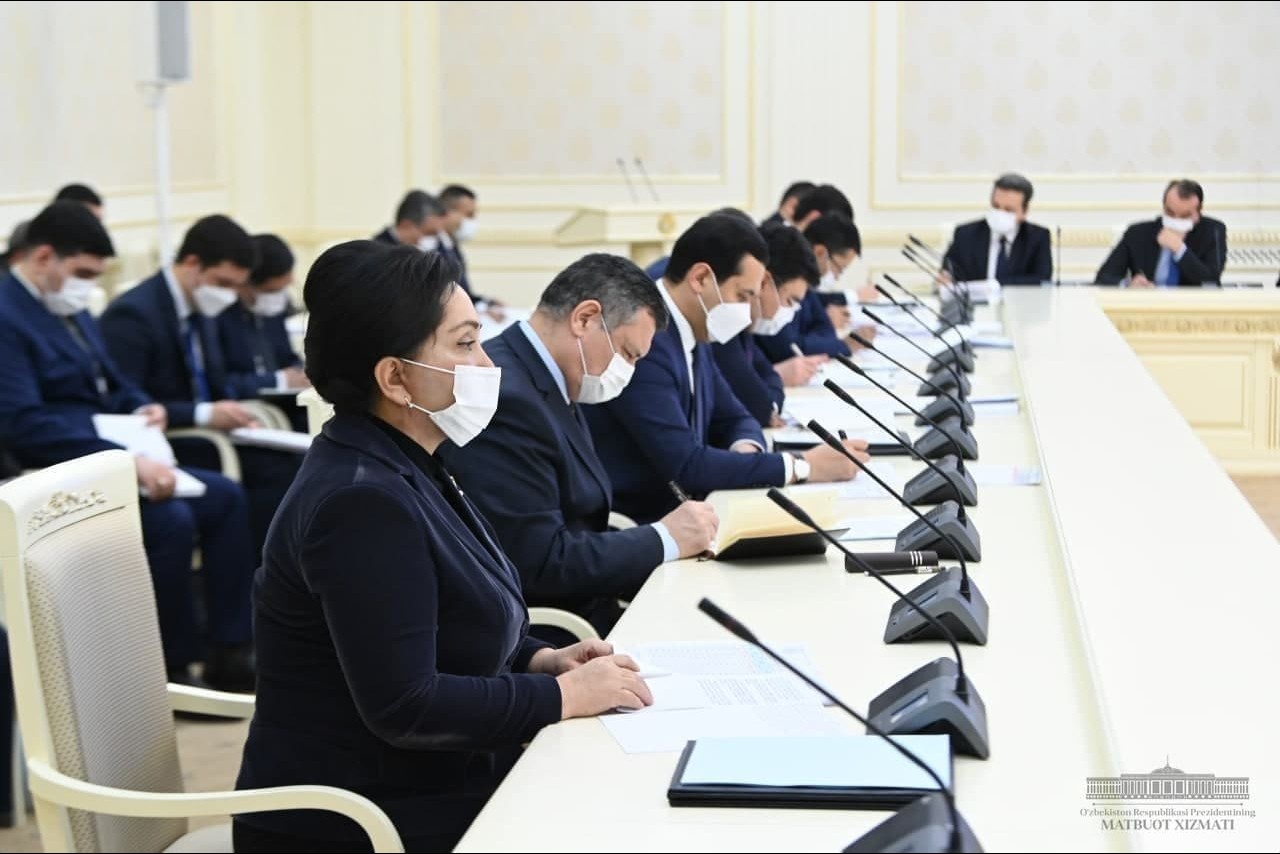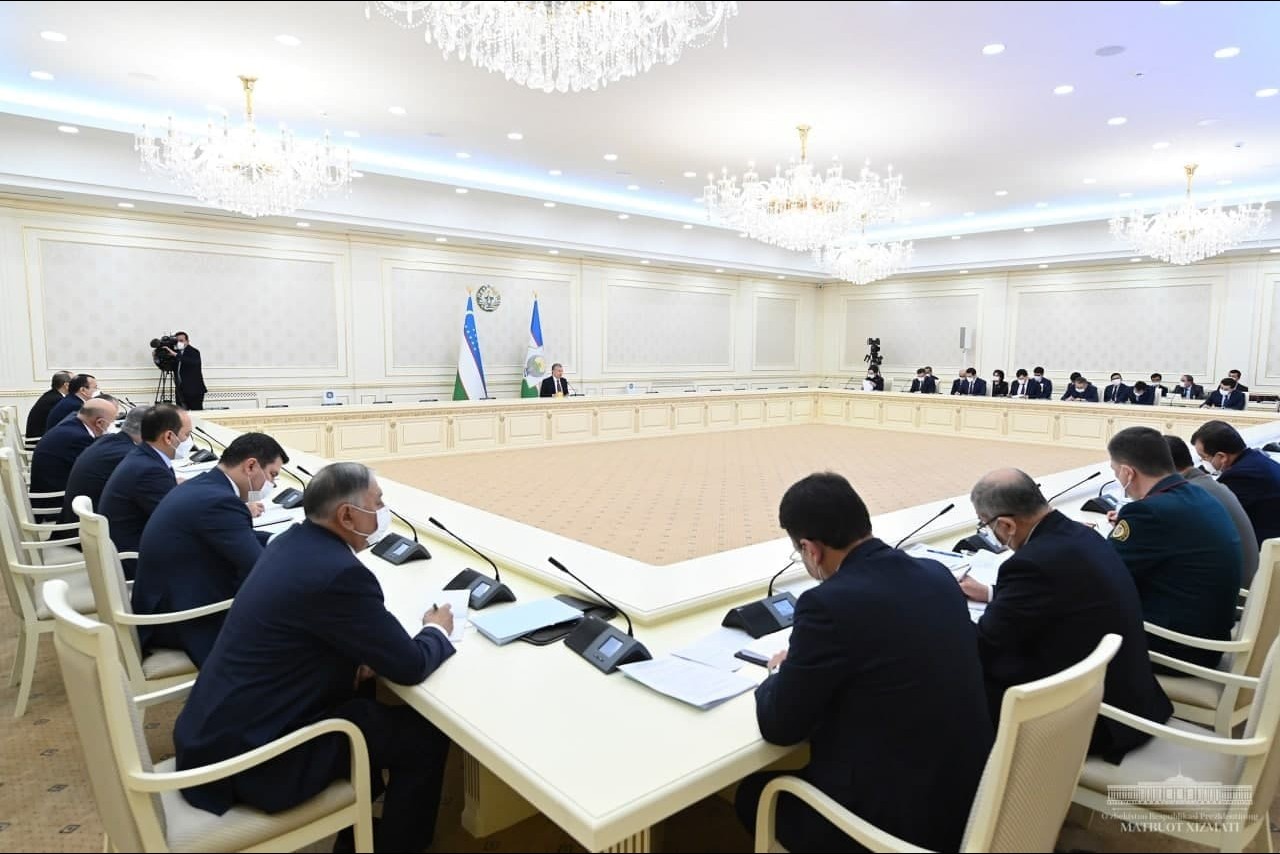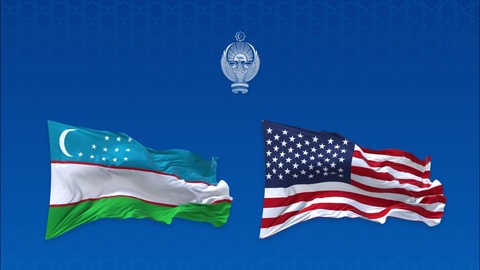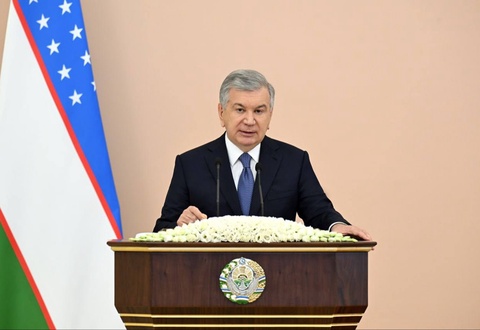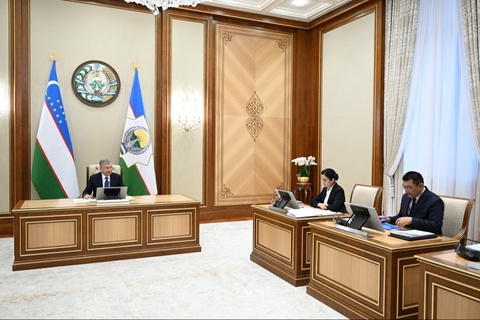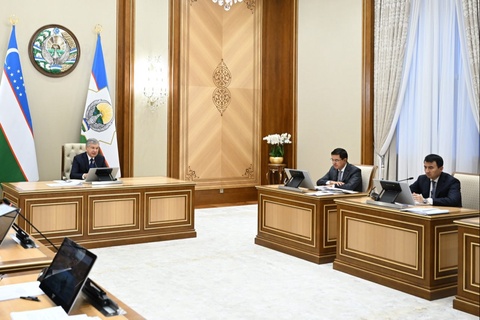The country’s future, the success of all reforms and projects depend on the availability of a quality education system. Therefore, over the past four years, large-scale work has been carried out to improve the quality of education and raise the status of teachers. Now, Uzbekistan is entering a new era, and the issues of education and human capital development are identified as the fourth priority in the Development Strategy of Uzbekistan for 2022-2026.
The Head of the state emphasized that the development of schools is “a matter of life and death”.
“We have no right to delay reforms in this sphere. No matter how difficult it may be, starting today we need to lay a solid foundation for school education. We will direct all our attention and resources. This path will be difficult, but only it can solve all the problems”, Shavkat Mirziyoyev said.
It was emphasized that improving the activities of schools should be the task not only of the Ministry of Public Education, but also of all ministries and agencies, hokimiyats, scientific organizations, intellectuals, and the public in general.
In particular, it is necessary to improve 10,130 schools across the country. The future of more than 6 million students and more than 500 thousand teachers, representatives of all strata of our society, every family depends on it.
Problems and current issues in the sphere were noted at the meeting.
1,695 schools need major repairs. Unfortunately, 179 schools built of adobe material are still functioning. More than 3 thousand schools need additional classrooms. Over 2 thousand schools do not have gyms.
In addition, 270 more schools need to be built due to the construction of new residential areas, the expansion of rural infrastructure and the growth of the population.
The current educational standards and curricula are aimed only at obtaining theoretical knowledge by students and do not teach children logical thinking, practical application of knowledge, and do not prepare them for life.
60 thousand out of 504 thousand teachers working in schools have secondary special education, and 190 thousand do not have a qualification category. Many teachers do not have enough knowledge and skills. Teachers strive to “get more hours”, and not to conduct a lesson qualitatively.
More than 200 types of reports are still compiled in the school system, lessons and activities are conducted according to uniform methods. The book fund of school libraries has not been updated for years. Only 615 schools have national musical instruments.
The evaluation of schools, their certification and accreditation are carried out “for the show” and do not contribute to improving the educational environment.
Such shortcomings require a radical revision of all approaches in the public education system, their cardinal improvement. Therefore, it was noted that the major reforms will be launched to update both the appearance and the internal content of schools, bringing the quality of education to a completely new level.
“We will completely revise teaching methods, textbooks, everything – from the desk to the school building. If there will be no conditions for education and teachers, society will not change. Councils for reforming school education will be formed at the level of districts, regions and country. I will personally preside over the Republican Council. District and regional councils will be led by hokims”, the President said.
These councils organize their work by consulting with people, taking into account the opinions of teachers, parents and specialists.
Priority tasks in school education development were identified at the meeting.
1.2 million student places need to be created in the next five years. The Head of the state gave instructions to increase the capacity of the school system through the construction of new schools and additional academic buildings in existing schools.
It was emphasized that from now on, hokims of regions, cities and districts will deal with these issues. In addition to the funds allocated by the state, a part of the proceeds to the local budget will also be allocated to schools. Most importantly, new schools will be built and put into operation under the supervision of public activists, parents and the public.
The Ministry of Construction has been instructed to develop projects of model schools taking into account new requirements.
The next important issue after the conditions is the situation in schools. Stressing the need to reform the management of the sphere, the Head of the state gave recommendations on the appointment of heads of departments of public education and school directors from among qualified managers, attracting foreign specialists.
The Ministry of Public Education has been instructed to develop results-oriented requirements and criteria for these specialists.
Additional measures have been identified to stimulate high-class teachers who have formed their own unique pedagogical experiences. So, the Fund of the Minister of Public Education will be formed, which at the first stage will receive 300 billion UZS from the budget. The funds will be used to encourage teachers who implement advanced pedagogical technologies and whose students achieve high results.
Initiatives have also been announced to create “mobile methodological groups” in each region consisting of teachers from pedagogical institutes, universities, academic lyceums and specialized schools. They will visit schools with low quality of education, explain and assist teachers to master new techniques. For this, they will be assigned salary allowances.
The system of teacher training will also radically improve. To this end, 5 higher education institutions in Tashkent and 17 in the regions will be assigned to schools. Students starting from the first year will be trained directly in schools. This will increase the professional skills of both students, school teachers and university teachers.
It was also instructed to consider the academic load and the number of lessons in schools, introduce methods that encourage children to think, and completely update textbooks based on best practices.
The main attention was paid to the meaningful organization of leisure time for students, the activation of sports and art clubs.
Stressing the exceptional importance of reforms in school education, the Head of the state instructed the responsible persons to develop an appropriate strategy in cooperation with international organizations. It was determined that a School Education Development Program will be adopted on this basis.
Proposals from ministers and hokims, teachers and school directors from all regions of the country were heard at the meeting.


